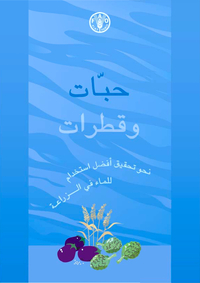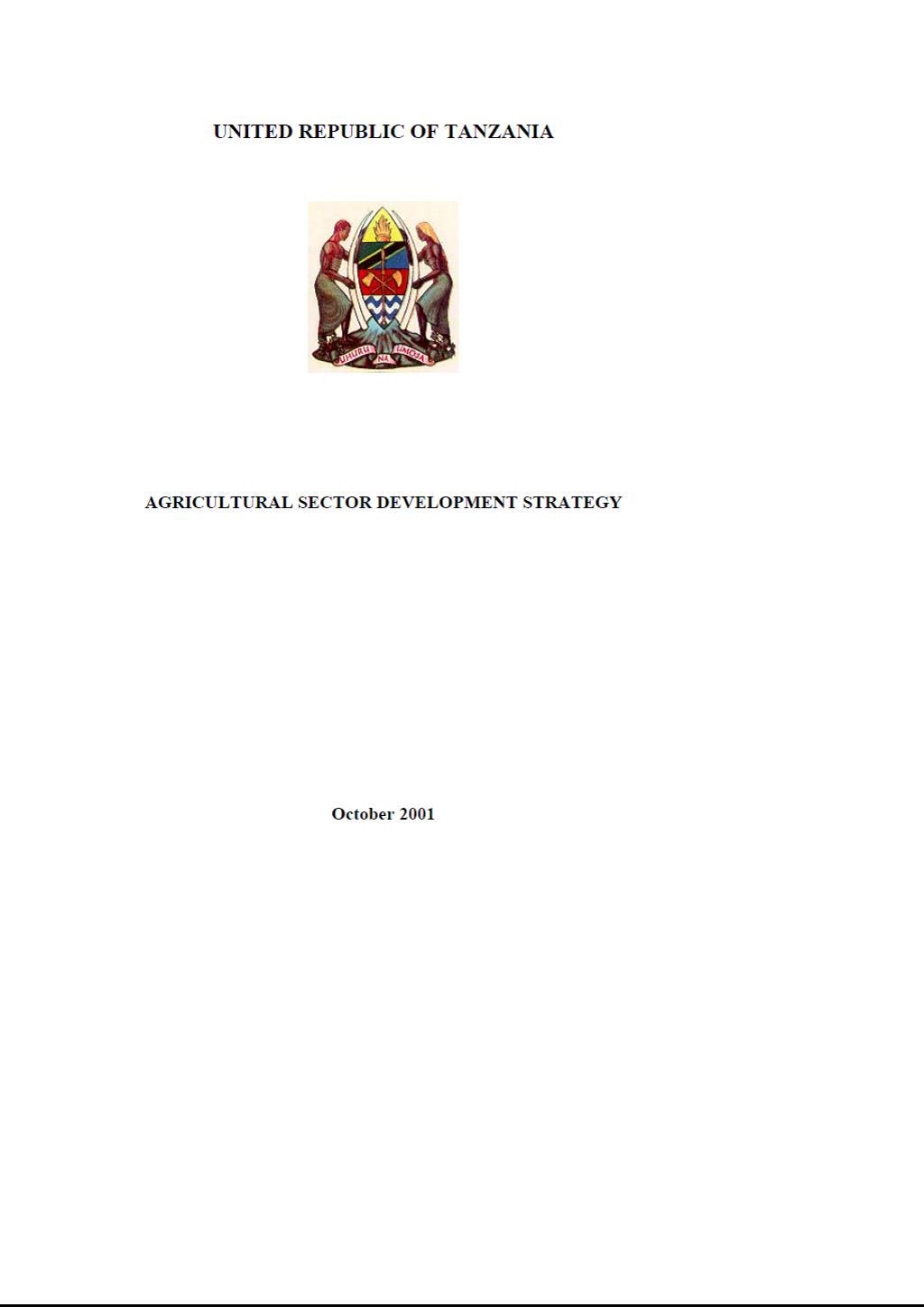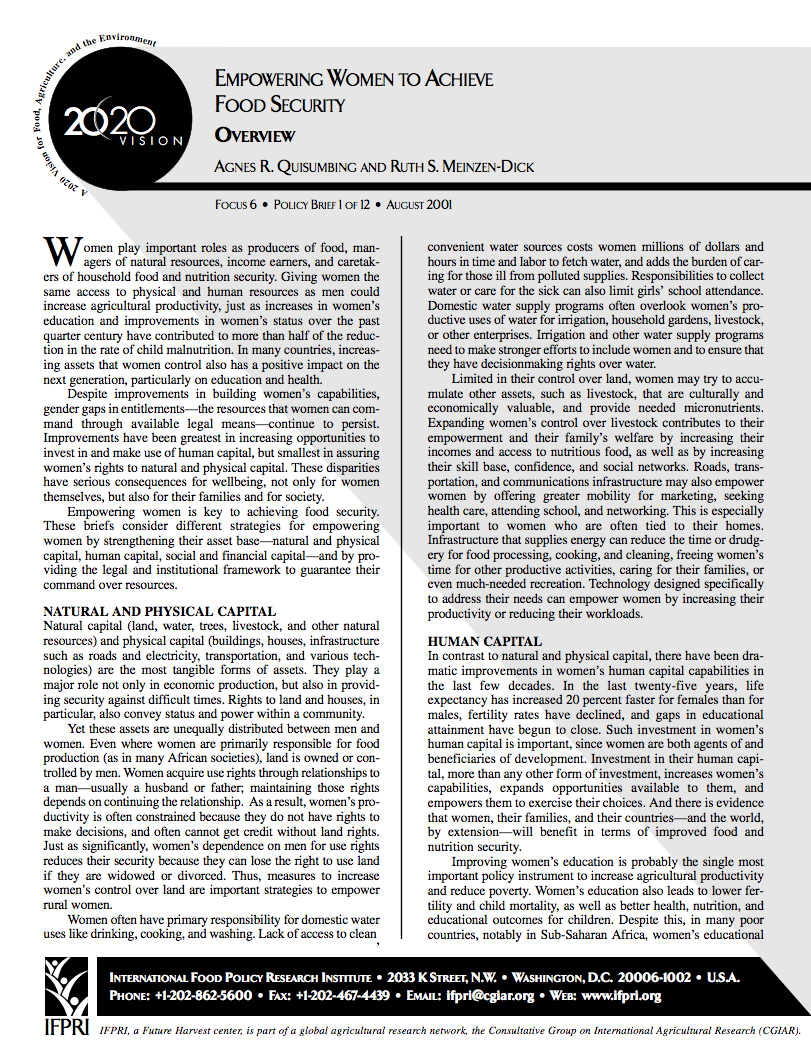Healing the scars? Tracing links between environment, food and conflict in Africa
A University of Leeds collaborative study has probed links between environmental change and famine – two problems perceived to lie at the heart of Africa’s current crisis – in the context of another all too often linked to the continent - warfare and civil unrest. Land hunger and environmental depletion in the aftermath of war are often cited as causes of famine that in turn will lead to further conflict. Is such a chain reaction really at work? Is there an inevitable causal link between environmental degradation and violent conflict?








